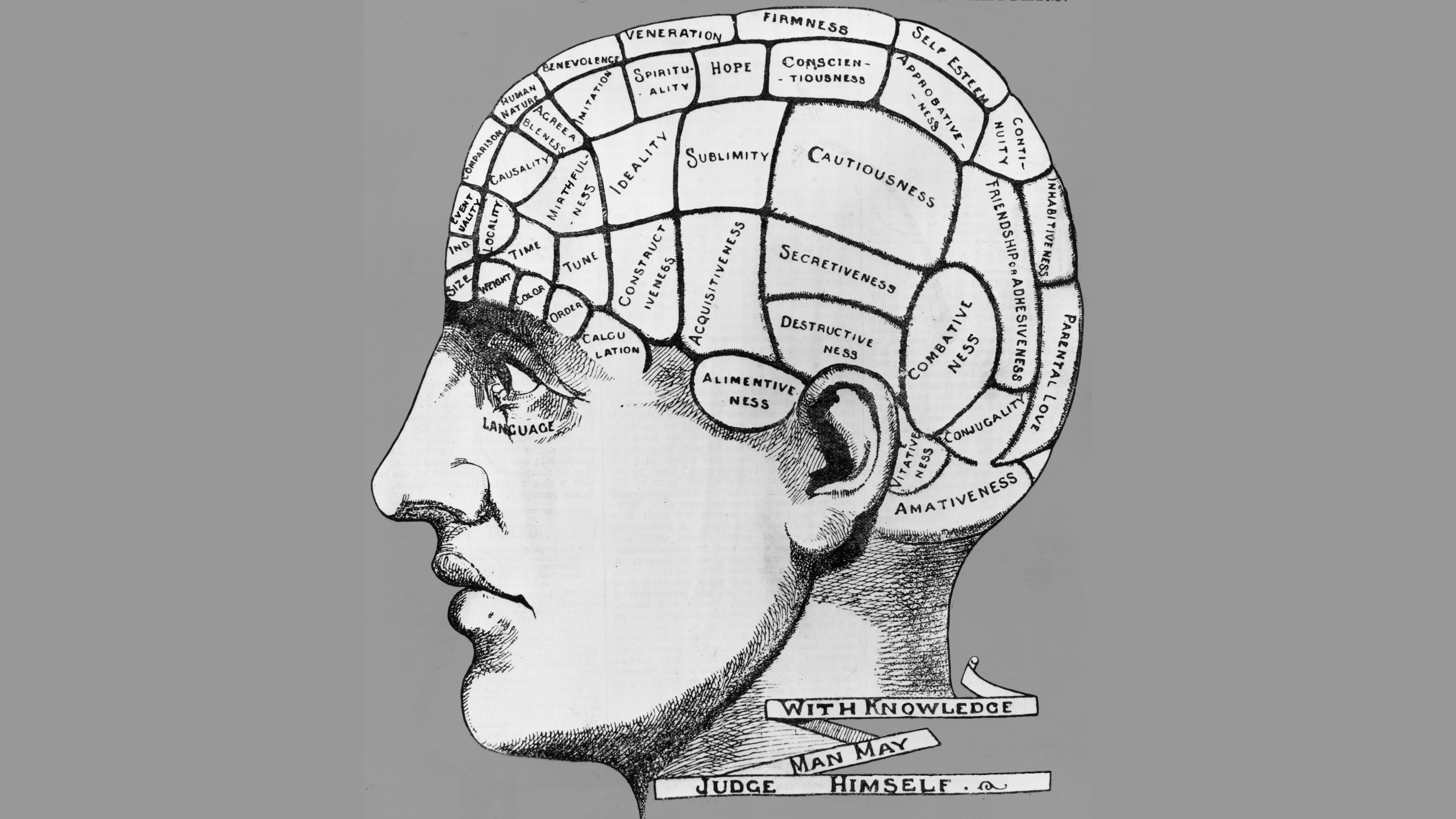Personal Growth
All Stories
The benefits of reading should not be understated, even when it comes to living a longer life. A new study finds that reading books in particular returns cognitive gains that increase longevity.
The California State Assembly named August Muslim Appreciation and Awareness Month.
Emma Seppälä, Ph.D says that multi-tasking makes us unhappy and less productive. Leo Babauta of zen habits provides concrete strategies for applying these ideas of mindful single-tasking to our relationships with our email accounts.
The famous inventor Nikola Tesla shared his views on dieting and exercising that helped him think better and live longer.
While progress has been made in understanding the mechanisms behind consciousness, a seemingly limitless neuronal interaction makes discovering a point of origin challenging.
Over 3,000 studies have shown acupuncture to be no better than a placebo. Yet it has led researchers to discover something that might aid in pain relief.
Having studied the ancient philosophers and their ideas of the virtues required to be an ideal man, Benjamin Franklin created his own list of thirteen virtues.
Sleeplessness and fatigue getting you down? Turns out the trick is respecting that big star in the sky.
A Kentucky photograph appears to show a soul leaving a body. Why do our brains assign metaphysical meaning to blurs?
Considering the recent Baton Rouge police shooting, the Middle-Eastern migration crisis, and the spike in extremism worldwide, it seems religion certainly isn’t helping.
The Freedom From Religion Foundation sent out over a thousand letters warning public schools away from this creationist propaganda.
Dan Pink explains how to use a couple of questions to help another person persuade themselves that you’re right.
Slavoj Žižek considers the pursuit of happiness to be dumb because we don’t really want it anyway.
Sebastian Junger takes a big-picture look at depression, PTSD, and the importance of the tribe in his new book.
The gun industry is in the business of selling its products. Exploiting our belief system is part of its corporate model.
Richard Gleick talks about one vital trait geniuses all seem to share.
Engaging with the world might not be comfortable, but it’s much healthier than ignoring what you don’t want to see.
Economic disparity and character development are both influenced by the underlying root of poor performance.
Research suggests that people, especially young individuals, see a reduction in stress levels through doing art therapy. And being a good artist isn’t a qualification.
AspireAssist received a governmental blessing for a stomach pump that dumps out a third of what you just ate.
Researchers are working on a pill to mitigate the effects of alcohol. Is it a price worth paying?
The key to breaking a lateness habit is patient brain retraining.
The statistics on commuting and driving show that women spend more overall time in the car than men for a few different reasons.
How we talk about love has become blurry “low resolution language” (it’s life-organizing force is often dissipated on trifles). But looking at richer love language can help us improve our aim. And remind us that universal human rights came from a special kind of love that we all need.
Many people are turning to Pilates over pews in new American gathering spaces, writes Jason Kelly.
Already-created neural pathways make it hard to correct our mistakes going forward.
Seismologists are warning about an overdue earthquake. How prepared are we?
Self-compassion is a better strategy for feeling good about yourself than the promotion of self-esteem.
Chinese philosophers have suggested “You… should not think of yourself as a single, unified being.” The Path, a book by Michael Puett and Christine Gross-Loh, can explain (with help from Plato, Kant, Eden, Hume, Confucius, Kahnenman…).
For a long time we’ve tried to polarize teamwork as either 100% positive or negative. But in truth there are ways it can be both.





























